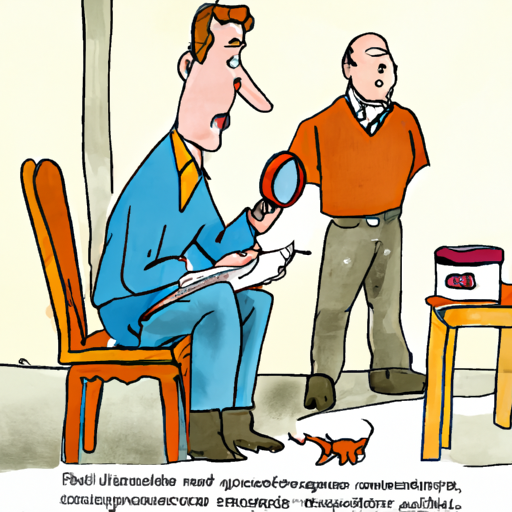Caring for a pet is like nurturing a child. When your loving dog falls ill and you notice bloody diarrhea, it’s natural to panic. Let’s break down the reasons behind this scary symptom and find out how you can help your furry friend.
H2: Common Causes of Bloody Diarrhea in Dogs
Bloody diarrhea in dogs can be caused by various factors. Here are the most common ones:
- Parvovirus: This is a highly infectious virus that affects dogs, particularly puppies. It causes severe diarrhea, often bloody.
- Dietary indiscretion: When your dog eats something they shouldn’t, it can upset their digestive system, leading to bloody diarrhea.
- Parasites: Worms and other parasites can cause bloody diarrhea in dogs.
- Stress: Yes, dogs get stressed too! Stress can cause colitis, resulting in bloody stools.
H2: Diagnosis and Treatment
If you notice bloody diarrhea in your dog, it’s crucial to get them to a vet as soon as possible. The vet will likely perform a series of tests to determine the cause.
| Test | Purpose |
|---|---|
| Physical Examination | To check for signs of illness |
| Stool Sample | To look for parasites |
| Blood Tests | To check for diseases that can cause bloody diarrhea |
Treatment will depend on the cause. It might involve medication, dietary changes, or in severe cases, hospitalization.
H2: Preventing Bloody Diarrhea in Dogs
Prevention is always better than cure. Here’s how you can help prevent bloody diarrhea in your dog:
- Regular deworming
- Keeping them on a balanced diet
- Avoiding stress triggers
- Regular vet check-ups
H2: Complications and Recovery
If left untreated, bloody diarrhea can lead to severe dehydration and other complications. But with proper treatment, most dogs can recover completely. Remember, early diagnosis is key.
H2: FAQs
Q: Can bloody diarrhea be fatal for dogs?
A: If left untreated, it can lead to serious complications, including death. Prompt treatment is crucial.
Q: Is bloody diarrhea contagious to other pets or humans?
A: It depends on the cause. Some causes, like parvovirus, are highly contagious to other dogs.
Q: How long does it take for a dog to recover?
A: The recovery period varies depending on the cause and severity of the condition, but with proper treatment, most dogs recover in a few days to a week.
Seeing your pet in distress can be heartbreaking, but understanding what’s going on can help you take the right steps towards recovery. Remember, you’re not alone in this journey – reach out to professionals and fellow pet owners for help and advice.



